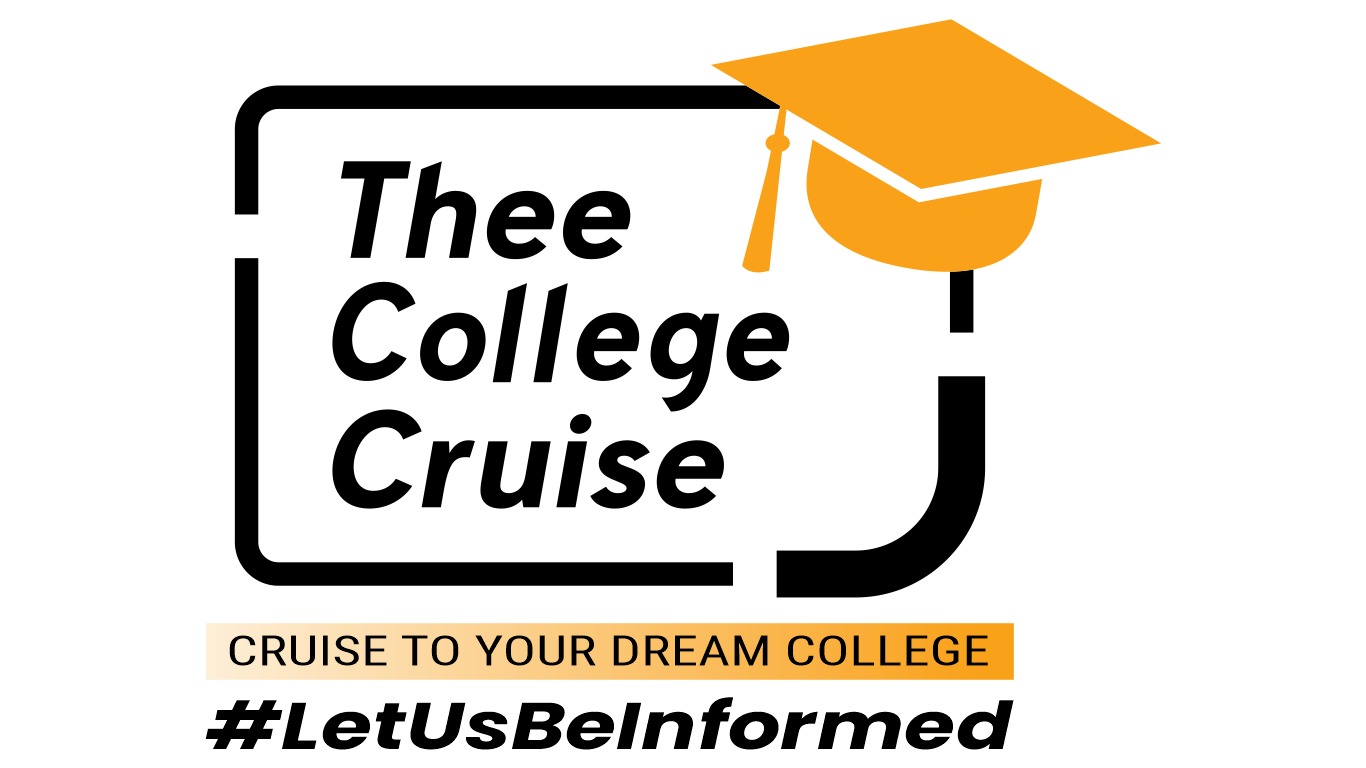Studying abroad is a dream for many, but the financial requirements can be daunting. To ease this burden, governments around the world offer various schemes and subsidies to make international education more accessible. These initiatives often provide reduced interest rates, subsidies on loan repayment, or even complete funding for eligible students. Here’s a detailed look at government schemes and subsidies for study abroad loans and how you can benefit from them.
1. Benefits of Government Schemes for Study Abroad Loans
Government-backed education loans and subsidies are designed to make higher education abroad more affordable. Key advantages include:
- Lower interest rates compared to private lenders.
- Subsidized repayment options or moratorium periods.
- Increased chances of approval due to government guarantees.
- Special benefits for economically weaker sections (EWS) and minority groups.
2. Top Government Schemes for Study Abroad Loans
a) The Padho Pardesh Scheme (India)
- Target Audience: Economically weaker sections (EWS) from minority communities.
- Benefits: Interest subsidy for loans taken to pursue Master’s or PhD programs abroad.
- Eligibility: Students must meet income criteria and be part of eligible communities.
b) The Vidya Lakshmi Portal (India)
- Target Audience: Indian students seeking education loans.
- Benefits: A single platform to apply for multiple government-supported education loans.
- Eligibility: Open to students accepted into accredited foreign institutions.
c) Erasmus+ Program (European Union)
- Target Audience: EU and non-EU students pursuing higher education in Europe.
- Benefits: Financial support for tuition and living expenses through loans and scholarships.
- Eligibility: Students enrolled in Erasmus+ affiliated universities.
d) Prodigy Finance (Supported by the UK Government)
- Target Audience: International students studying in the UK.
- Benefits: Offers competitive loan terms without requiring a co-signer.
- Eligibility: Students must be admitted to partner universities.
e) JASSO (Japan)
- Target Audience: Students enrolling in Japanese universities.
- Benefits: Low-interest loans and scholarships for international students.
- Eligibility: Based on merit and financial need.
3. Understanding Interest Subsidies
Interest subsidies are a key feature of many government schemes. These subsidies reduce the overall cost of borrowing by covering part or all of the interest accrued during the loan tenure.
How It Works:
- Governments often pay the interest on loans during the moratorium period (study duration + grace period).
- After this period, the student is responsible for repayment of the principal and remaining interest.
4. Eligibility Criteria for Government Loans and Subsidies
While the exact criteria vary, common requirements include:
- Admission into an accredited international university.
- Proof of financial need (for income-based schemes).
- Nationality or residency requirements.
- Academic merit or field of study relevance.
5. How to Apply for Government Schemes
Applying for a government-backed loan or subsidy involves several steps:
- Research Eligible Schemes: Identify programs that align with your educational goals and financial needs.
- Prepare Documentation: Gather admission letters, financial proof, identity documents, and other required paperwork.
- Apply Online: Use platforms like Vidya Lakshmi (India) or the respective government portals.
- Follow Up: Stay updated on your application status and provide additional information if required.
6. Tips for Maximizing Benefits from Government Schemes
- Start Early: Research and apply well before your admission deadlines.
- Understand Repayment Terms: Know the repayment conditions to avoid surprises later.
- Combine with Scholarships: Reduce your financial burden further by applying for scholarships in addition to loans.
7. Challenges to Consider
While government schemes are highly beneficial, there may be limitations:
- Stringent eligibility criteria.
- Limited coverage for certain courses or countries.
- Lengthy approval processes.
Government schemes and subsidies for study abroad loans can significantly reduce the financial strain of international education. These programs not only make higher education abroad more accessible but also empower students from diverse backgrounds to pursue their dreams.
Thee College Cruise is here to guide you through the process of identifying and applying for the best loan schemes and subsidies. Whether you need help with documentation, application submissions, or understanding repayment plans, we’re committed to making your study abroad journey smooth and hassle-free.




